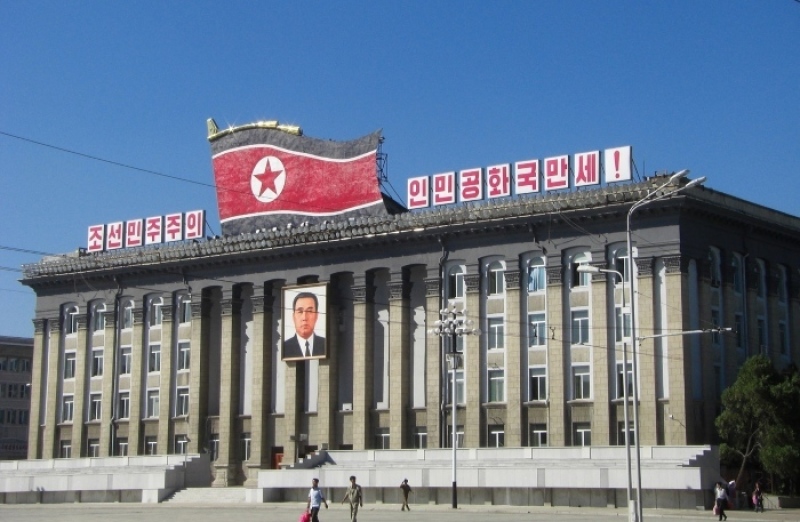
Experts testified at a recent U.S. hearing that China has subjected hundreds of North Koreans to serious human rights abuses since last year, forcibly returning them to North Korea, where they face extreme punishment for religious beliefs, especially Christianity.
At the hearing of the U.S. Commission on Religious Freedom (USCIRF) on September 26, representatives from various human rights organizations presented evidence indicating that those repatriated by China are likely to encounter torture, sexual violence, enslavement, and murder upon their return to detention centers in North Korea.
Greg Scarlatoiu, executive director of the Committee for Human Rights in North Korea (HRNK), stated, “Any religious belief, and Christianity in particular, as well as South Korea, constitute the only challenges to the Kim regime’s absolute monopoly on power.” He explained that Christianity offers an alternative way of life that undermines the regime's authority and transcends oppression.
Hanna Song, executive director of the Database Center for North Korean Human Rights (NKDB), noted during the hearing that one of the first inquiries made by North Korean authorities upon a returnee’s arrival was whether they had met with a missionary in China. If individuals admit to or are found to have had contact with missionaries, particularly those affiliated with Christianity, they are often subjected to severe torture and imprisonment.
Joanna Hosaniak, deputy director general of the Citizens’ Alliance for North Korean Human Rights (NKHR), added that detainees suspected of having religious affiliations while in China are separated from other returnees. She emphasized the need to understand this persecution in a broader context, stating, “North Korean leadership is operating a criminal enterprise that enslaves civilians to facilitate the production of goods for export, through which it acquires foreign currency to fund the regime and its military programs.”
Hosaniak explained how this form of enslavement occurs within prisons and detention facilities run by security forces. “China continually supplies slaves for detention facilities,” she said, indicating that both political prison camps—mainly operated by the Ministry of State Security (MSS)—and long-term prisons operated by the Ministry of Public Security (MPS) serve as significant production sites for goods exported, including textiles and fake eyelashes labeled as "Made in China."
According to Hosaniak, testimonies from refugees revealed that China uses facial recognition technology to locate migrants and that officials reward individuals who report those providing aid to them. “The goal is religious persecution,” she stated, noting that Chinese companies join in these efforts, which can be considered a form of human trafficking. There is evidence that some Chinese companies are connected with North Korean enterprises.
Scarlatoiu pointed out that the denial of human rights, indoctrination, information control, and the regime’s “apocalyptic weapons program” take precedence over the human rights, welfare, and human security of its citizens. Despite life-threatening dangers, overwhelming coercion, extensive surveillance, and severe punishments, the growth of churches in North Korea continues through the assistance of outside missionaries and organizations, he added.
The need for human rights to play a greater role in U.S. policy was underscored due to the connections between rights violations and the regime’s threats to the global community, he emphasized.
Song elaborated that the North Korean regime employs various measures to label “crimes” of personal conscience as acts of anti-state aggression or treason. In the HRNK’s submission for the United Nations Human Rights Council’s Universal Periodic Review of North Korea in April, the committee found that an estimated 160,000 individuals were detained in political prisons for “political crimes” as of 2020.
An inquiry by an international commission of judges determined that prisoners are subject to “murder, extermination, enslavement, forcible transfer, imprisonment or severe deprivation of physical liberty, torture, sexual violence, persecution, enforced disappearance, and other inhumane acts,” according to the HRNK submission.
North Korea has been recognized as the country that persecutes Christians the most for two consecutive years. On January 17, the Korea Open Doors Missionary Society announced the Christian persecution index "World Watch List (WWL) 2024," which reports on global trends in the persecution of Christians. The data revealed that North Korea has maintained its position at the top of this index for 20 years, with an estimated 70,000 Christians currently detained in North Korean labor camps.

















